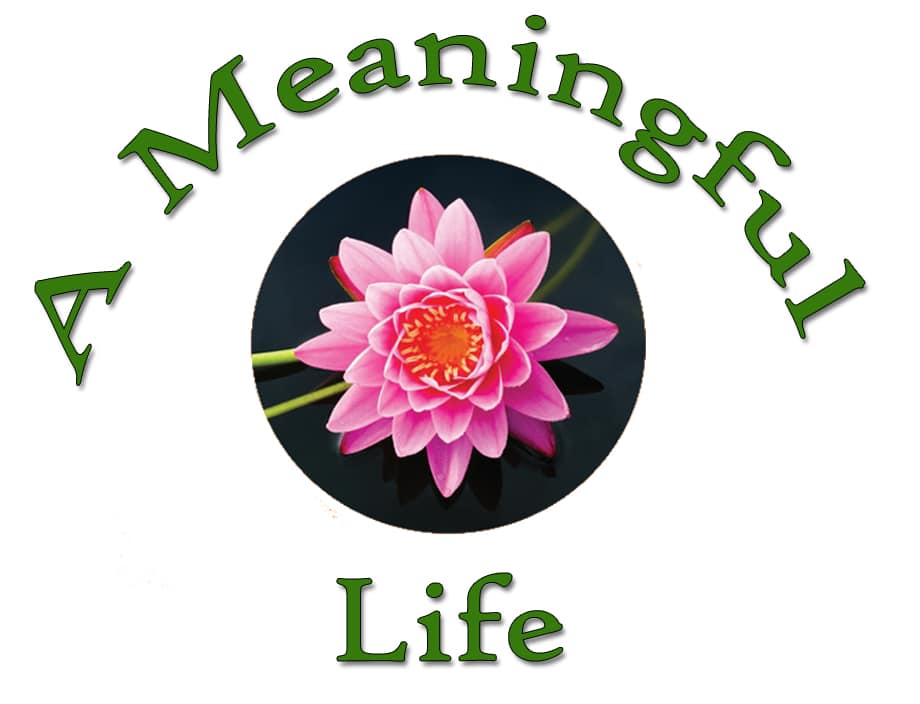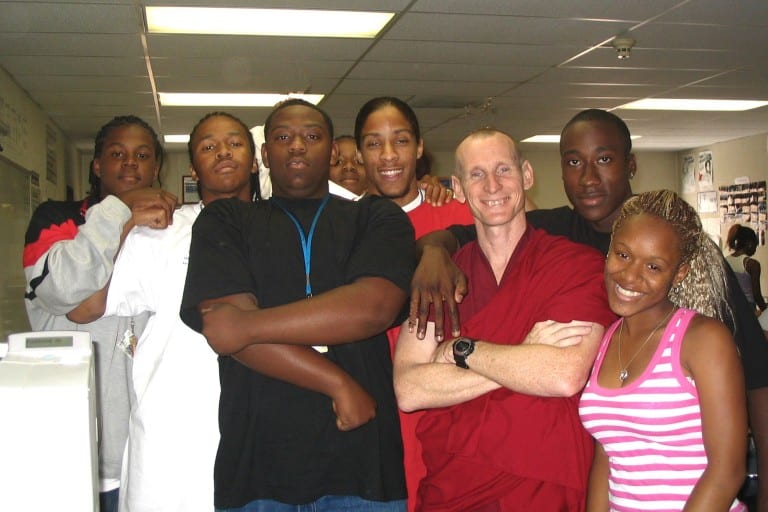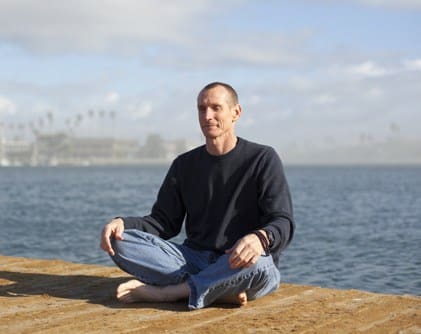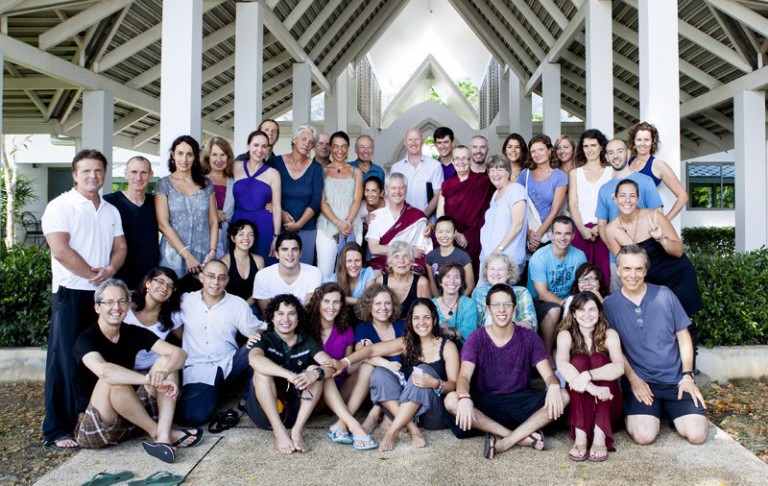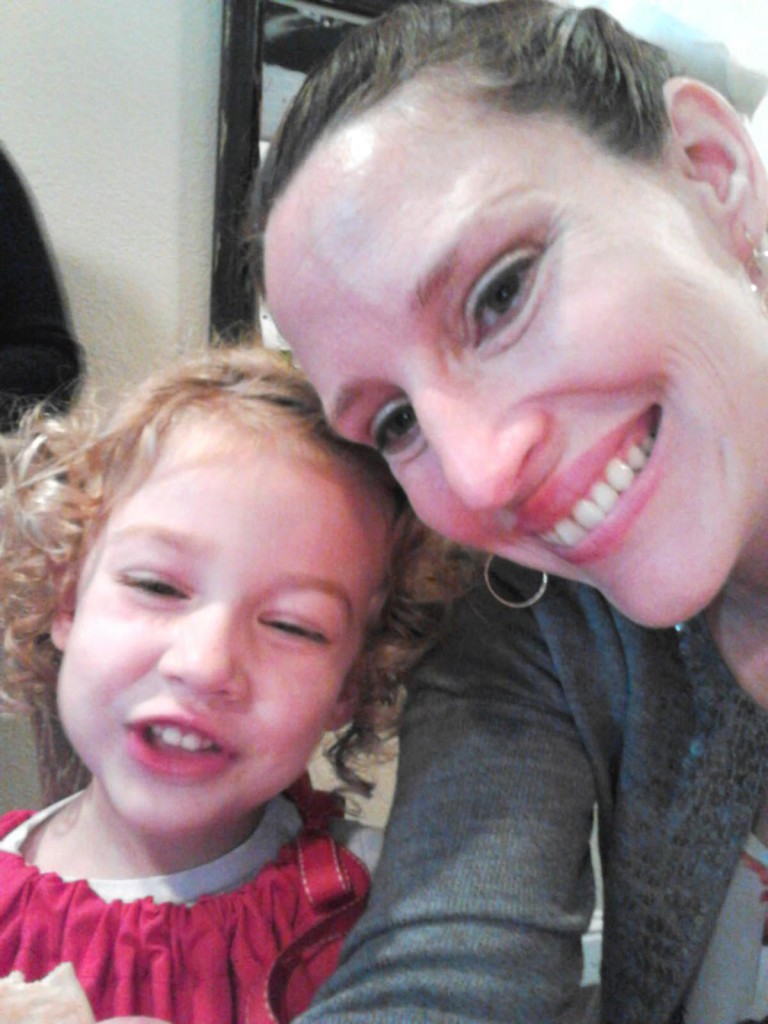Expectations …
“Expecting is the greatest impediment to living. In anticipation of tomorrow, it loses today.” – Seneca
Expectations, as we all know, play a huge role in our lives. We have all experienced disappointment and even despair as a result of expectations. Disappointment can arise when expectations are unmet and despair can overtake us as we expect the worst to happen. We have also all experienced the joy having things turn out beyond our expectations. On a more subtle note, our expectations about any given situation or person can determine how we experience them. If we expect it to be a tough day at work, it usually is. If someone tells us that we will enjoy a particular restaurant, we usually do. Though this is not always the case, it is a common pattern. It is important to understand how our expectations create the attitudes we bring into our activities and interactions.
We often hear the advice, just live your life without expectations and enjoy what happens. Though this advice sounds quite pleasant, it is actually untenable. There’s no way that we could function in our lives without expectations. When we go to the grocery store, we expect there to be groceries. When we attend our courses at college, we expect our teachers to be there. If we do our coursework, we expect to get a degree. If it’s snowing outside, we expect that it will be cold. When we go to the gas station we expect it to be where it was the last time. As you can see, expectations have a role in our life and are necessary for us to engage in life.
Expectations themselves are not a big problem in our lives. It is unrealistic expectations that can harm us. Unfortunately, when we investigate, we will find that we have many of those to work with. Most of us operate and make decisions based on a series of unrealistic expectations we hold to be true. These include the expectation that our partner will always make us happy and understand us. That a good career will provide us with happiness and stability, or that if we eat right and exercise we will be healthy and live long. These are just a few examples of a long list I’m sure you could add to. We can hold these unrealistic expectations even though we all know that relationships have their ups and downs and sometimes require hard work, careers can never offer complete stability and even people with good careers can suffer from stress, worry and fear, and no matter how healthy we eat or how much we exercise, we can still get sick, get a disease, or die at a young age.
If through mindfulness we develop equanimity, we will be able to become aware of our unrealistic expectations and how they influence our interactions with others. Instead of developing unrealistic expectations that we’re going to have an incredible time or we will be really happy if and when a particular event happens, we can remember that our genuine happiness is always a result of living today meaningfully. We can remember that today will never come again, and while tomorrow promises opportunities that may or may not happen, the time to improve our lives is always now. It is a realistic expectation to believe that if we live each day cultivating the qualities we find to be meaningful, our days will be meaningful and so will our future.
I invite you to note your expectations throughout the day. Try to observe which expectations seem realistic and healthy, and which may be based in an unrealistic assessment of a situation or the future. Watch for results of these varying expectations. – John Bruna, April 28, 2016

